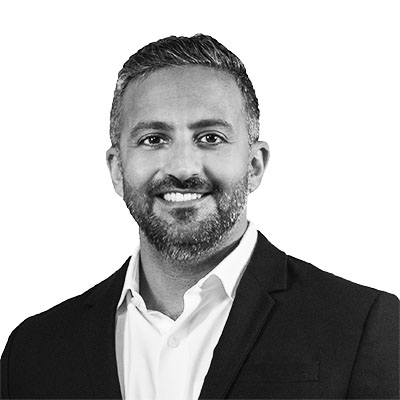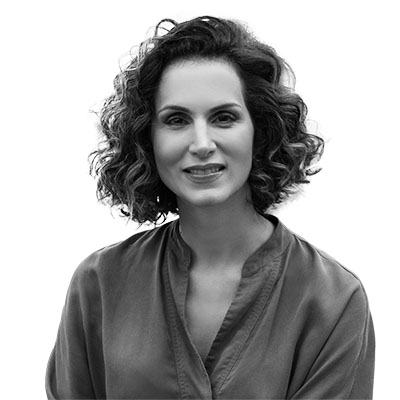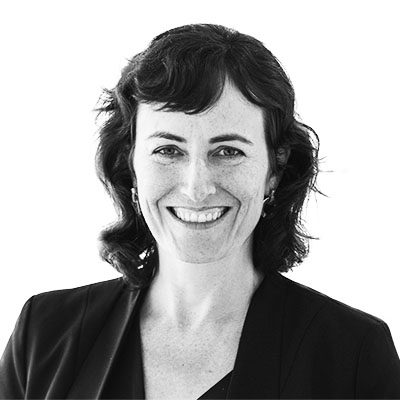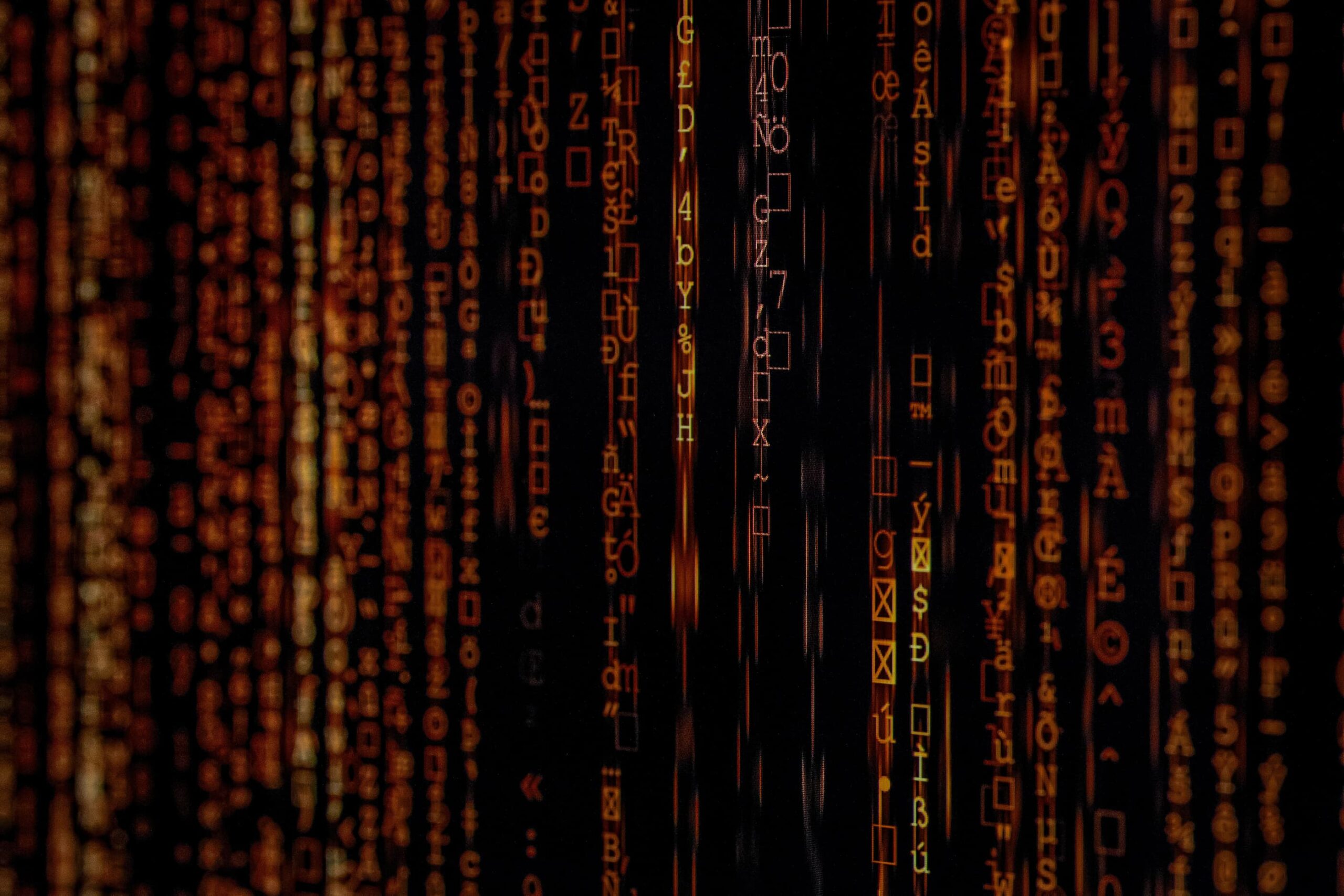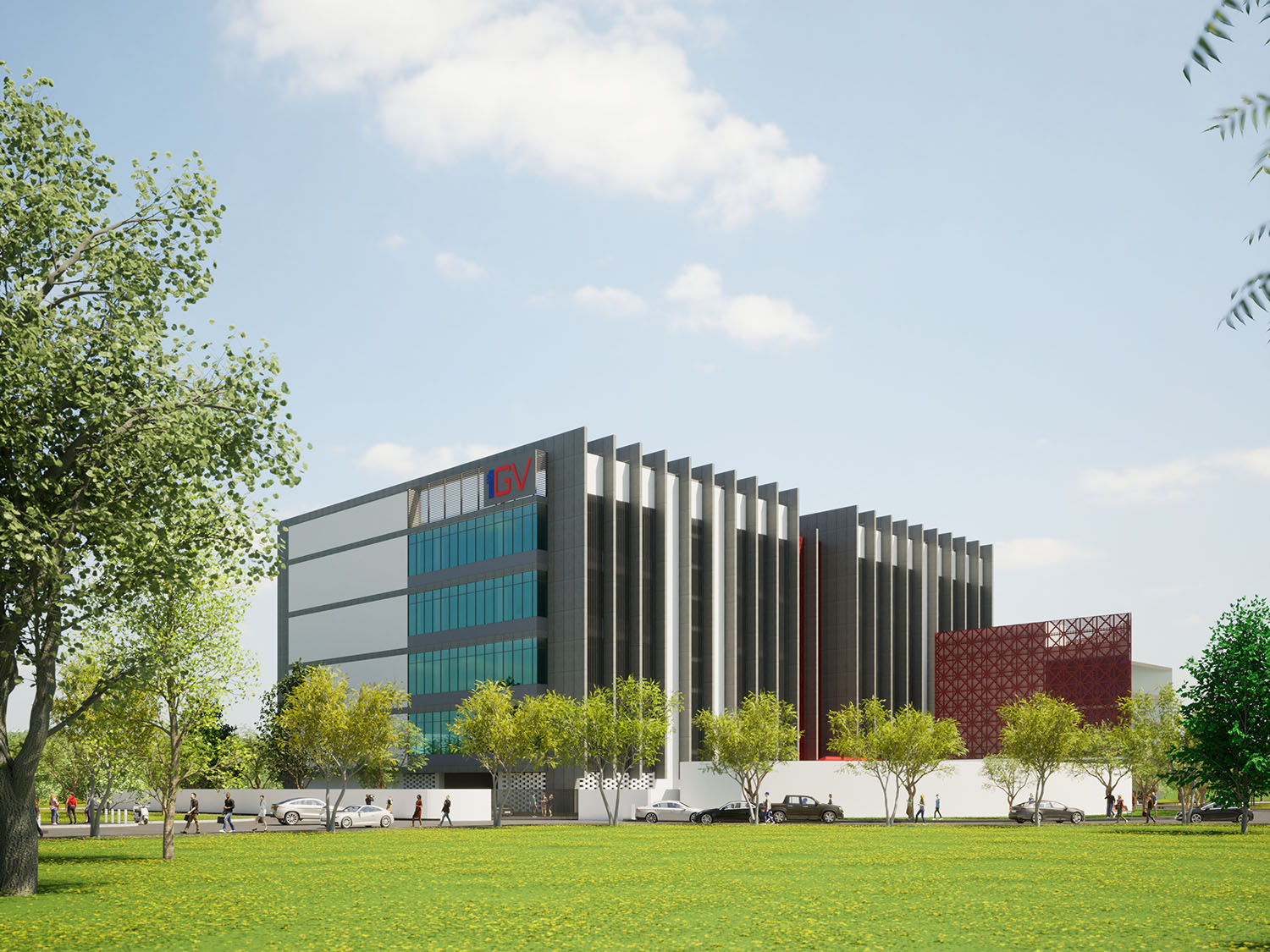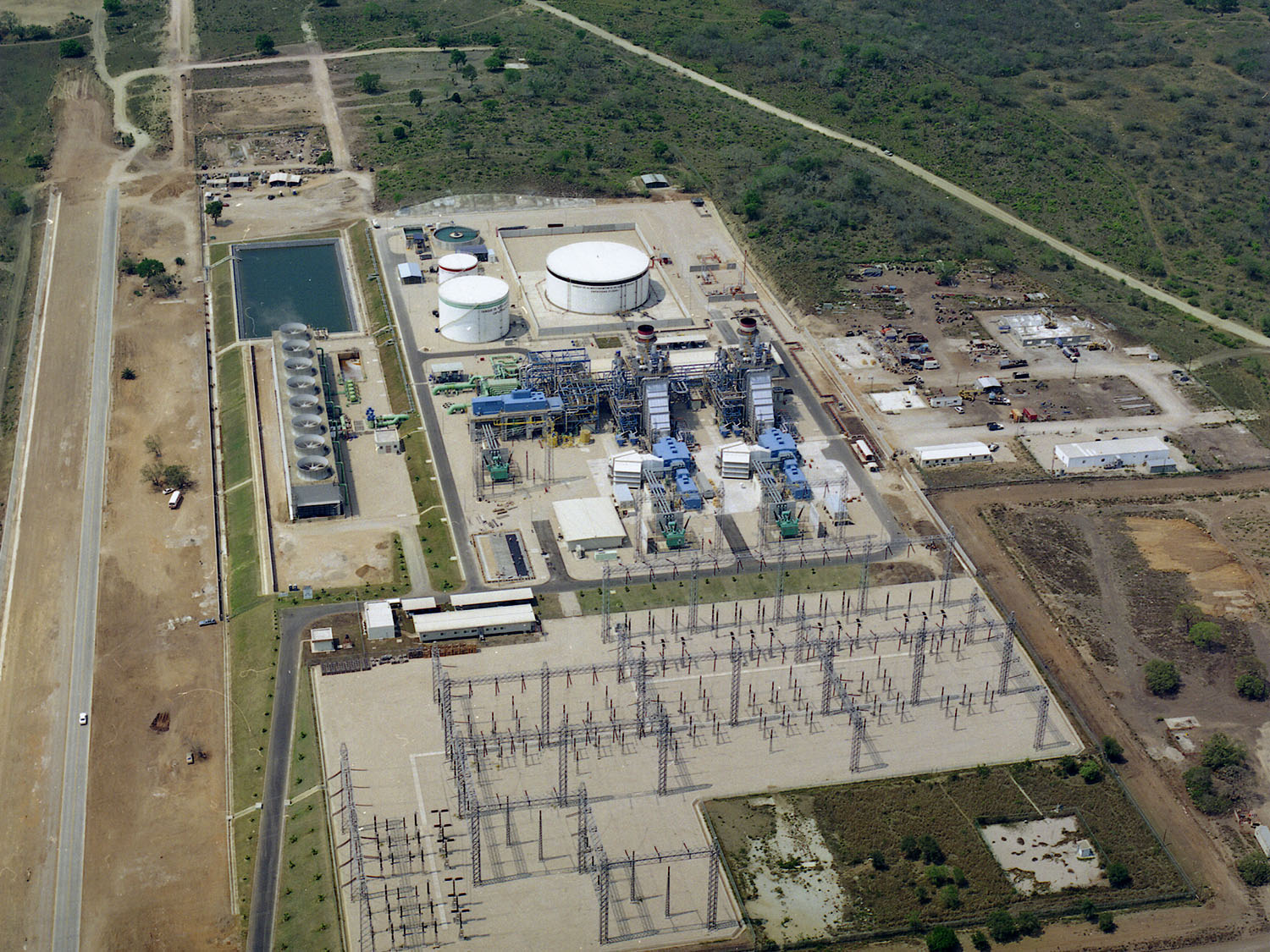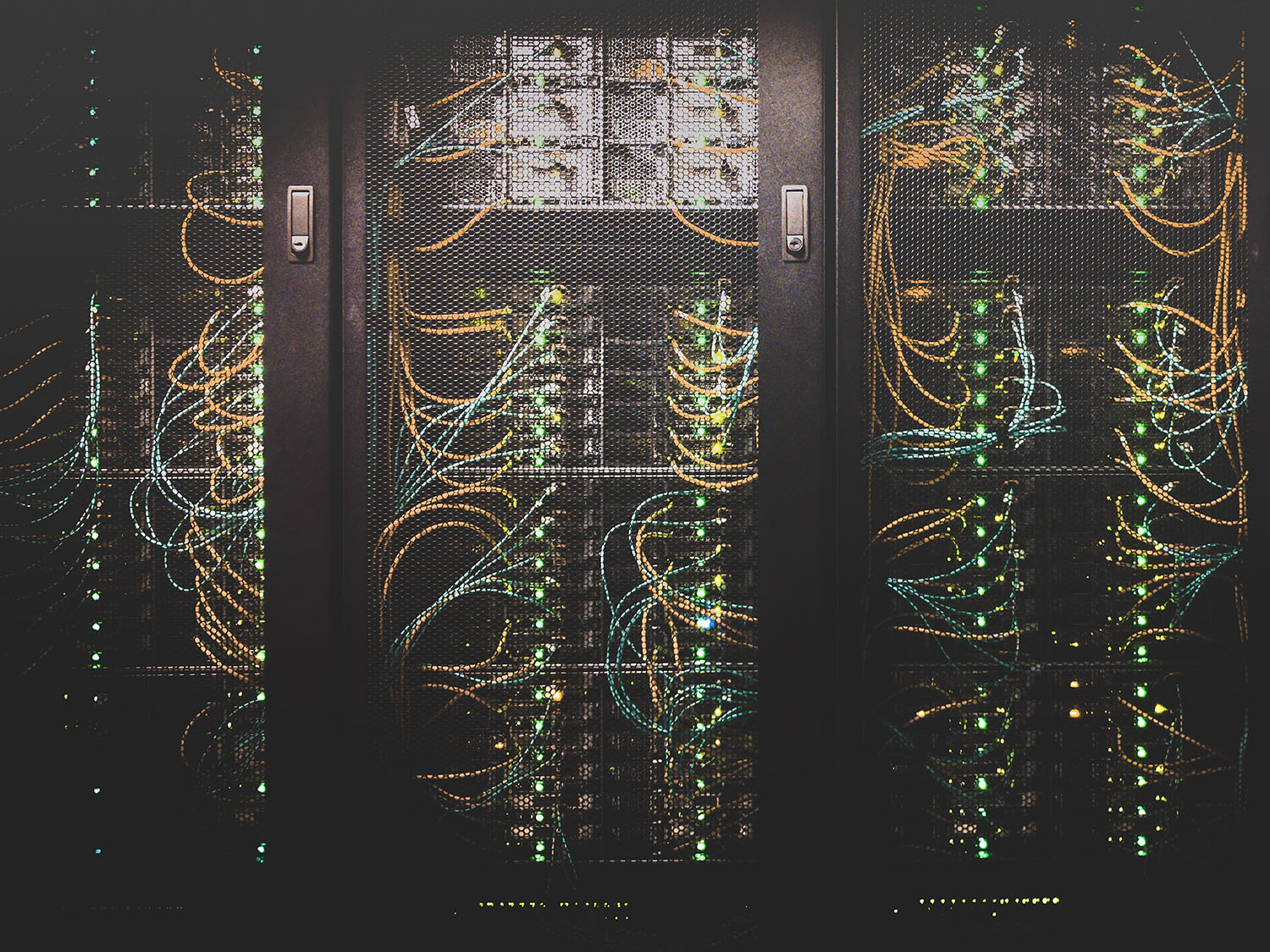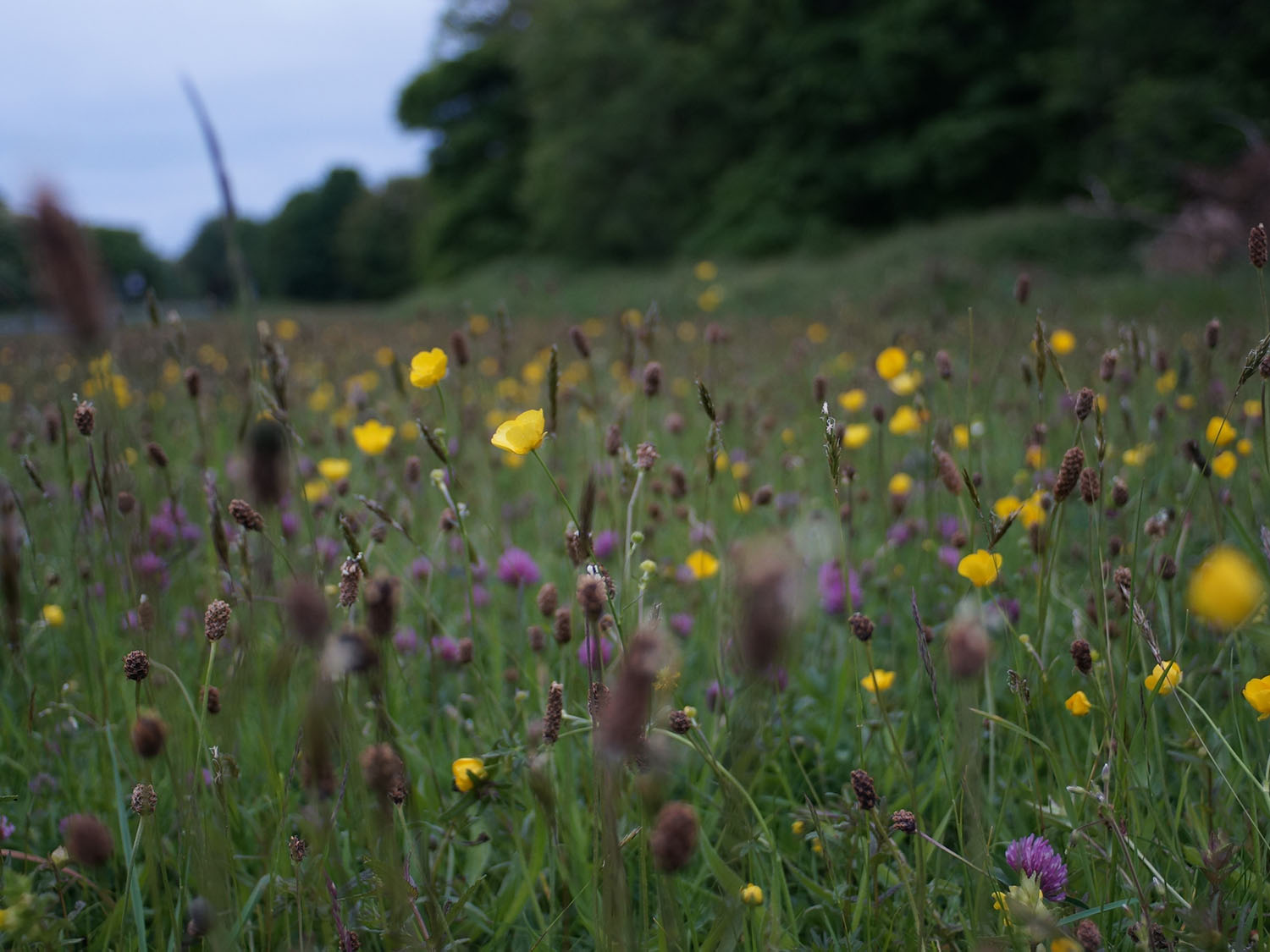What role does sustainability play in Actis’ portfolio companies, and how does it help drive value? To find out, Lisa Pinsley, who leads Actis’ Middle East and Africa energy team, spoke to sustainability leaders from two portfolio companies: Livia Mariz, from Serena Energy, the largest publicly-listed, pure-play renewable energy generation company in Latin America, and Hassan Ebrahim from Yellow Door Energy, the leading Middle East and Africa-focused platform targeting more than 1GW of distributed solar and related energy solutions to C&I customers across the region.
Lisa: How is sustainability integrated into your projects, and how does it drive customer relationships and value?
Hassan: At Yellow Door Energy, we always used to just assume that we were sustainable – we are, after all, a solar company. So we used to think we didn’t need to prove our sustainability credentials. But after getting guidance from Actis, we understood that just being a solar company did not exempt us from putting in the effort to become a sustainability leader.
We also believe that sustainability initiatives enhance the value of the company. For example, the community investment strategy we are implementing ensures that wherever we are investing we also invest in the community. This generates buy-in, and a social licence to operate. This facilitates our work, and mitigates the risk of any disruption to our business.
You win more business by being more sustainable.
Livia: In Brazil, the first wind plants we built were located in very remote places, with poor and vulnerable communities. From the beginning, we said we needed to do something, because we knew we would be present for 30 years, and needed to be good neighbours. So in parallel to the project, we built an educational centre, since the major local vulnerability was schooling. Now we have four such centres here in Brazil. As a result, we have not had problems or disruptions from the community. We have very positive relationships.
Lisa: What do your C&I customers think of initiatives like these?
Livia: You have to be intelligent and credible in showing that you are not saying you are doing something that you are not. For big multinationals in particular, sustainability is a value. While price is the leading motivation, they will not buy anything without understanding the sustainability strategy behind the product they are buying. Sometimes they will even go to the plant, visit the educational centres, check the KPIs. We love when they are interested in understanding our sustainable journey.
Hassan: We find that a lot of our customers want to be associated with other businesses that are sustainability leaders. That, in itself, is a value driver: we win projects because we demonstrate our strong sustainability credentials. So, I agree with Livia that the tide is turning – the stakeholders we work with, such as shareholders, lenders or customers, are demanding higher sustainability standards from each other. You win more business by being more sustainable.
Livia: Sustainability also plays an important role for the new generation that is starting to work. They really care about having a purpose and working in a company that they are proud of – not just of its products but of everything it is doing. So, while we are still creating value for our customers, having employees who are proud of what they do makes a big difference in areas such as recruitment. This is a generation that is really concerned with doing better for the planet, so I think sustainability plays a role in their decision where to work and where to put their energy.
Lisa: How important is the Just Transition? Does this come up in your regions, and is it part of your strategy?
Livia: When we are building a project we always do a diagnosis of the community to understand what their values are, and how we can help with a focus on education and on generation of income, which are our norm when it comes to voluntary social investments. In some communities for example, we carry out projects which help close the gender gap. We have plans, for instance, to ensure women are as able to work on our projects as men are, and making sure our contractors hire a percentage of workers who are women: if you don’t push a little bit, it often won’t happen. In another location, we had to deviate from our norm of investing only in education and income generation, because we needed to help with the infrastructure to give the community clean water to enable children to go to school. In the end, if you build an effective, sustainable culture, you are changing the communities where you operate.
Hassan: In South Africa, we are designing a community investment strategy that involves training the coal miners or people associated with the industry to transition to a role in solar energy. There are people in the energy industry who would potentially be left behind by a transition, so we need to find ways to ensure they benefit from it.
Lisa: What has it been like to work with Actis on sustainability?
Livia: From the beginning it was a great opportunity for us to have this partnership. We started to have monthly conversations with the team a month or so after the transaction closed. They added a lot by understanding our sustainability masterplan and started not only to give their opinions on how to address the problems that we wanted to solve, but also to connect Serena Energy (previously Omega) with other invested companies that have already solved such problems. It is an amazing opportunity to exchange ideas with the other sustainability leaders in the same industry who aren’t necessarily competitors, so you can be open and frank in your conversation.
Hassan: The fact that sustainability is very high on Actis’ agenda has enabled us to put it high on our agenda. Facilitating that cross-pollination of ideas is probably the most important benefit: learning from companies like Serena Energy is vital, and Actis helps us do that. Overall, Actis has put sustainability high on our agenda, and given us the tools to implement it.

